Kathmandu, Nepal, 2024 – Nepal, a country renowned for its spirit of unity and rich culture, became the venue for a gathering of distinguished leaders advocating for global peace. During a visit to Kathmandu, Prof. h.c. Rafal Marcin Wasik, Secretary General of the International Human Rights Commission -IHRC, met with Prof. Dr. h.c. Mehmet Şükrü Güzel, founder and president of the Centre for Peace and Reconciliation Studies, who has been nominated multiple times for the Nobel Peace Prize.
Prof. Dr. h.c. Mehmet Şükrü Güzel attended the meeting alongside his wife, highlighting not only the personal dimension of his visit but also the family’s dedication to promoting values such as peace, reconciliation, and cooperation.
This remarkable gathering also included prominent representatives of the International Human Rights Commission:
- Mjr. Gen. IPC Romanos Aziz Raad, Ambassador At Large, High Commissioner for Foreign Affairs to the UN, and Branch Director of IHRC in Lebanon, renowned for his commitment to human rights and international cooperation.
- Pawel Nowacki, Ambassador At Large and Intergovernmental Specialist for Interagency Affairs, whose knowledge and expertise support IHRC initiatives on the global stage.
- Dipendra Silwal, IHRC Commissioner in Nepal, who has long been a key supporter of local peace and development initiatives in the region.
During the meeting, Prof. Dr. h.c. Mehmet Şükrü Güzel, who has been actively addressing issues such as decolonisation, international terrorism, conflict prevention, and human rights, expressed his willingness to collaborate with IHRC. His expertise in peacebuilding and reconciliation is expected to bring significant value to the Commission’s global objectives.
“The opportunity to collaborate with such a distinguished leader in human rights and reconciliation as Prof. Dr. h.c. Mehmet Şükrü Güzel is a great honour for our organisation. Together, we can lay the foundation for a more just and peaceful world.” said Prof. h.c. Rafal Marcin Wasik, emphasising the importance of international dialogue.
The meeting addressed global challenges such as armed conflicts, terrorism, and the need for international solidarity. Particularly symbolic was the action of Nepal’s local community, who painted their shops in the colours of the Ukrainian flag – a gesture of support for global peace.
“Nepal, through its unity and openness, serves as an inspiration to other communities worldwide. This solidarity proves that local actions can have global significance.” remarked Mjr. Gen. Romanos Aziz Raad, referring to Nepal’s engagement with global issues.
The meeting was not only an opportunity for an exchange of experiences but also a platform for strengthening international cooperation. The presence of IHRC leaders, such as Pawel Nowacki, Dipendra Silwal, and the wife of Prof. Dr. h.c. Mehmet Şükrü Güzel, underscored IHRC’s dedication to building bridges between different regions of the world and supporting initiatives aimed at resolving conflicts peacefully and safeguarding human rights.
The gathering in Kathmandu symbolises a new chapter in IHRC’s mission, grounded in close collaboration with distinguished leaders and international organisations. The discussions initiated in Nepal hold the potential to bring about substantial progress towards shared goals – building a world where human rights, peace, and reconciliation form the bedrock of the global order.
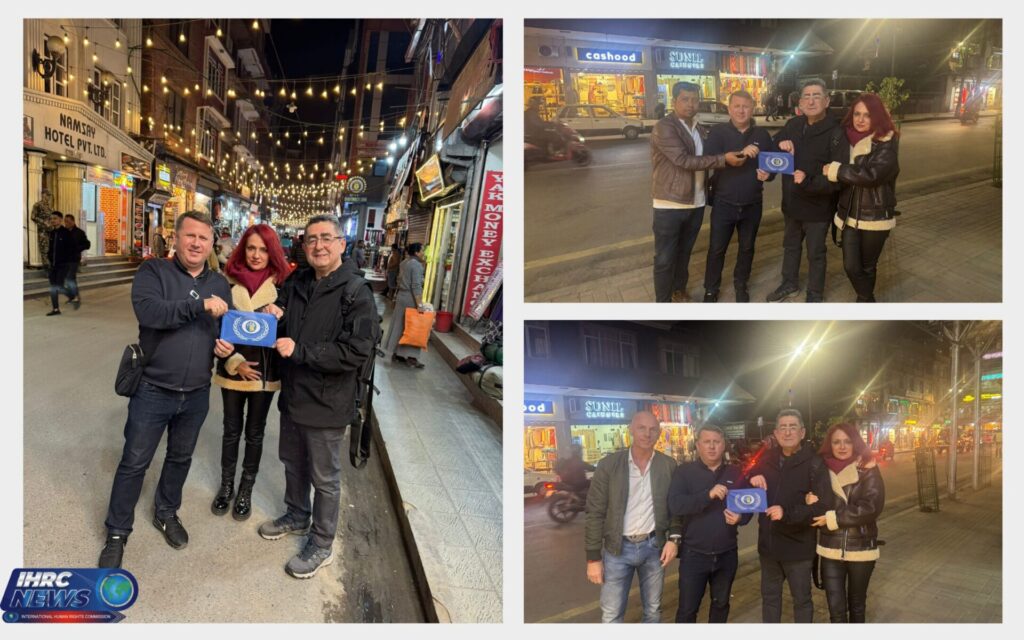
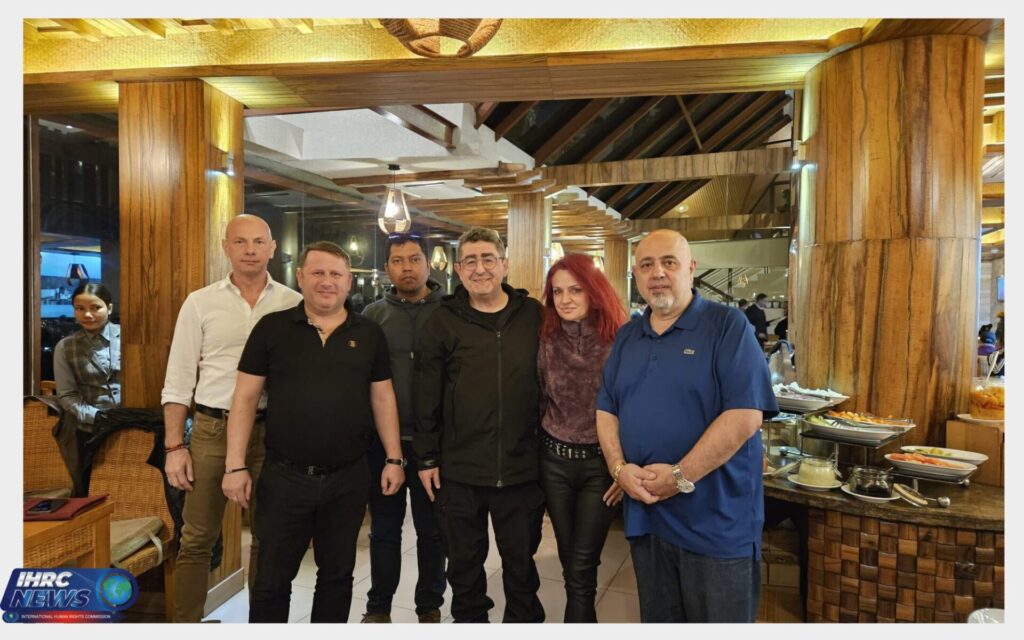
Reported:
Dawid Szablowski
Head of IHRC Press Department
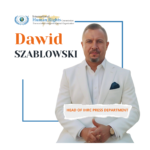
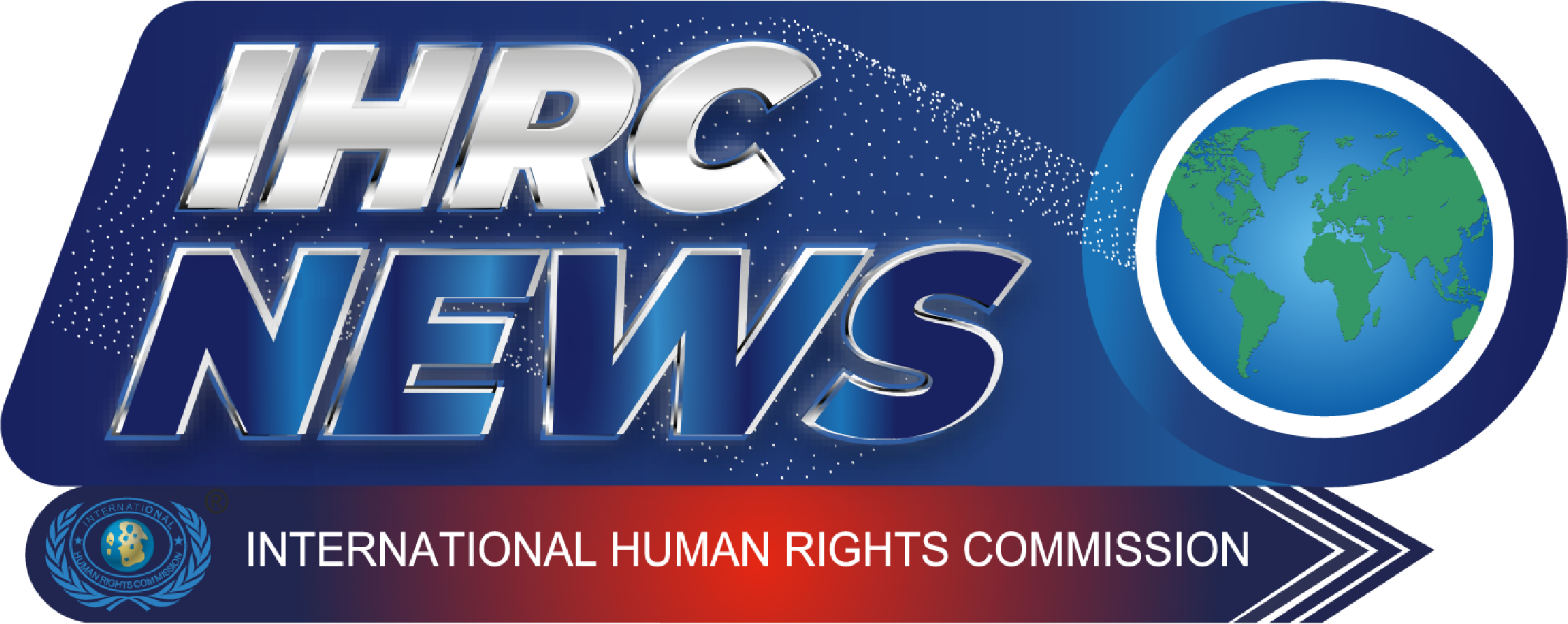


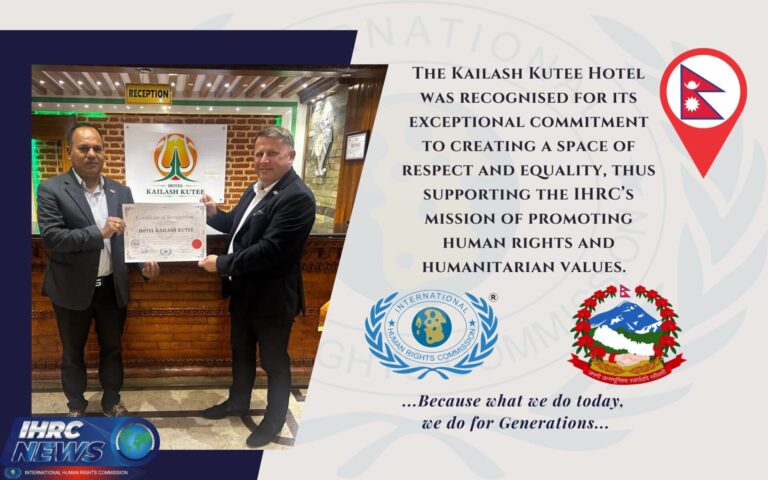
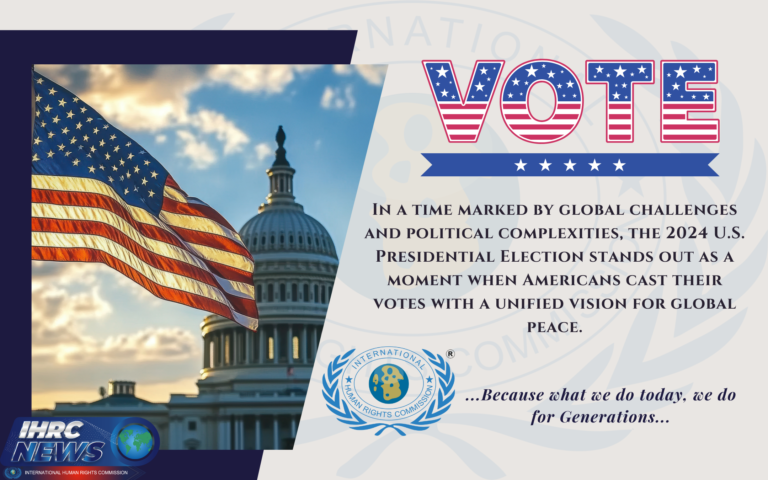
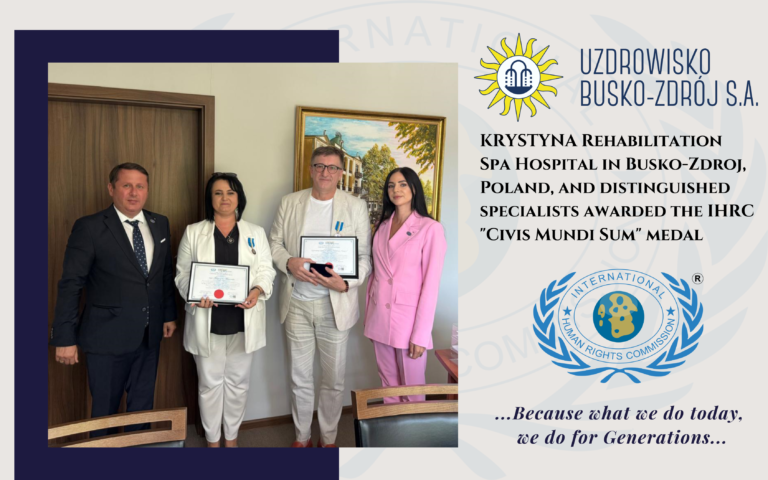
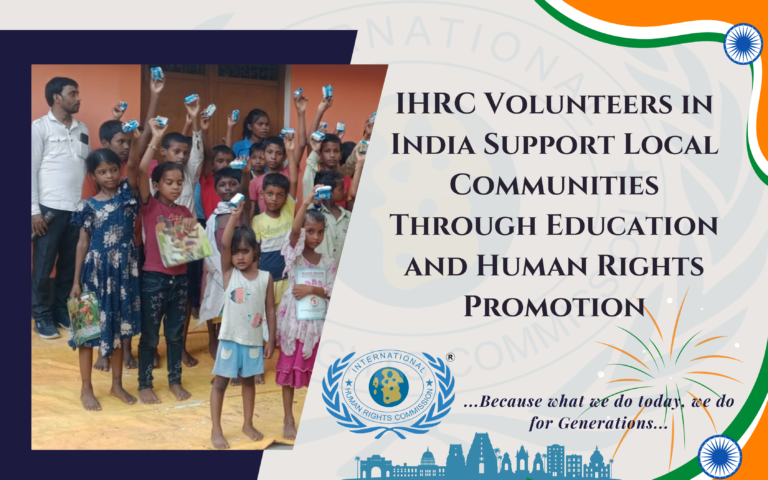
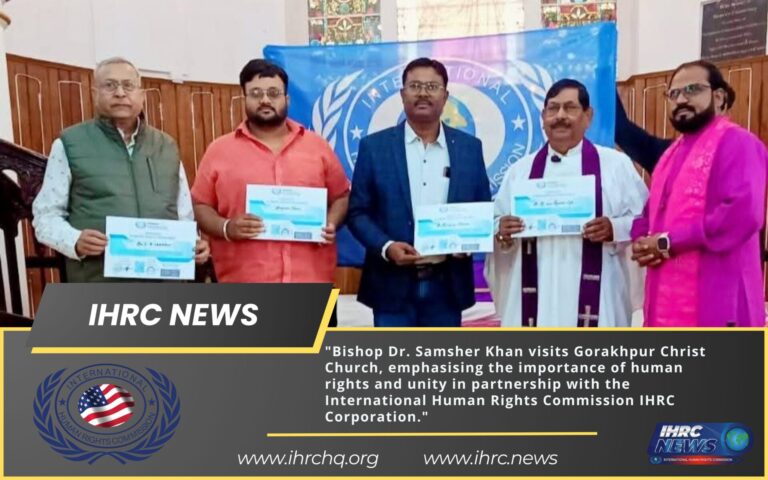
Samir Achker
International Peace Ambassador
Peace: The Bridge to a Shared Future
In a world filled with conflicts and tensions, the conversation about peace has never been more critical. As an International Peace Ambassador, I deeply understand that peace is not merely the absence of war but a state of mutual understanding and positive communication among communities.
Why is Peace Important?
1. Stability of Societies: Peace contributes to building stable societies, promoting sustainable development, and reducing poverty and unemployment.
2. Achieving Justice: Through a culture of peace, we can enhance justice and equality, thus reducing discrimination and violence.
3. Fostering Dialogue: Peace opens the doors to meaningful dialogue between diverse cultures, enabling better understanding among nations.
Steps to Promote Peace:
Education and Awareness: Spreading awareness about the importance of peace by teaching conflict resolution skills and fostering moral values.
Building Bridges of Communication: Organizing events and initiatives that bring together youth from different backgrounds to promote mutual understanding.
Collaborating with Leaders: Working with local and international leaders to advance peace efforts and achieve development goals.
A Call to Action:
Peace is not just a distant dream; it is a responsibility for every individual in our society. Let us all begin by spreading values of tolerance, understanding, and love, working together to build a brighter future rooted in peace.
In conclusion, every step toward peace is a vital step toward creating a better world. Let us join hands to build a world free from violence and rich in dialogue and harmony among all people.
#Peace #Tolerance #InternationalUnderstanding
✍️ Samir Achker
We have come together,work together in other to achieve our goals,we all want to build a world were there is peace,no human violation,in oder to achieve this we have to unite our selves,make deference.